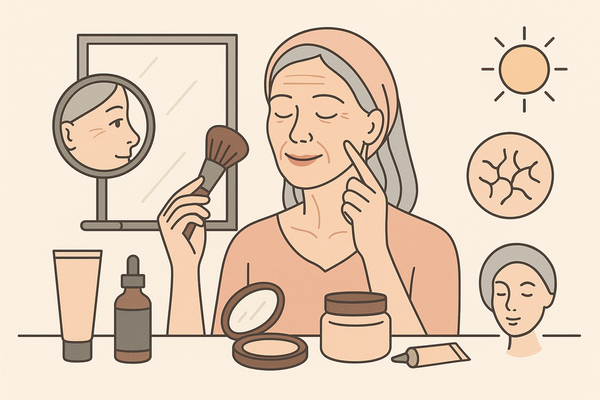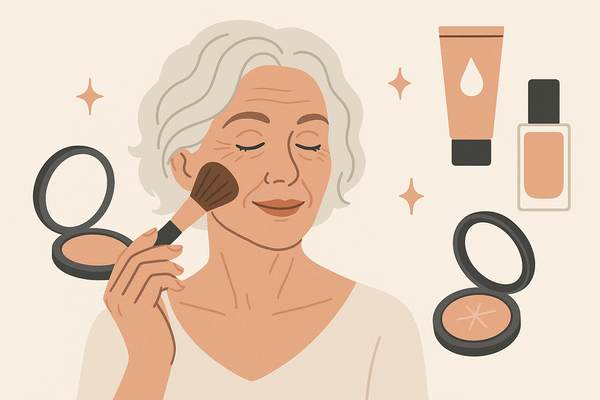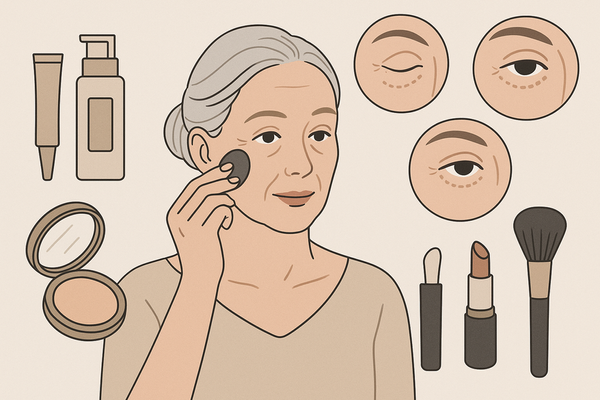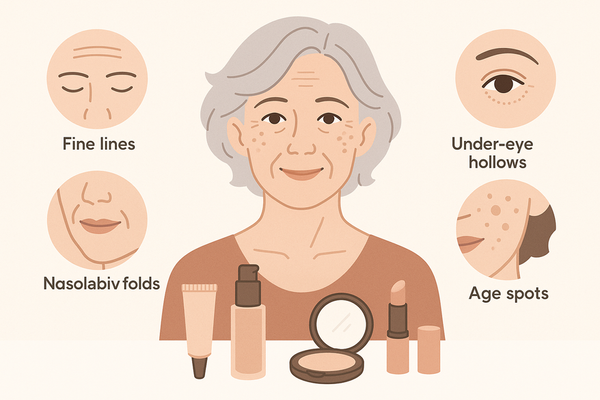Improving Makeup Scores Over Time: A Step-by-Step Guide to Long-Term Progress
Discover proven strategies for improving makeup scores over time using personalized plans, spaced repetition, and progress tracking for lasting academic success.
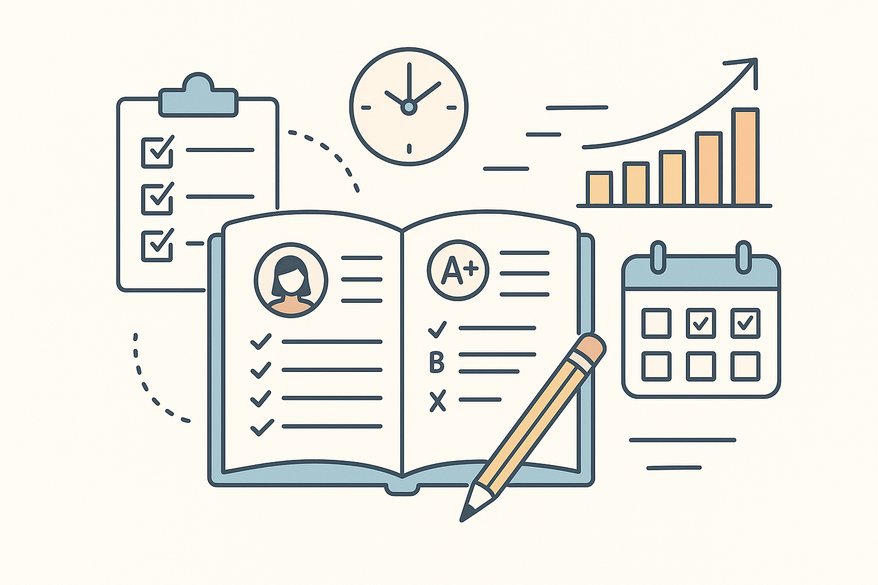
Estimated reading time: 5 minutes
Key Takeaways
- Second Chance: Makeup exams offer an opportunity to recover and demonstrate mastery.
- Personalized Plans: Breaking content into modules and scheduling study blocks fosters consistent progress.
- Use spaced repetition and active recall to cement knowledge over time.
- Track your scores with tools like Anki, Quizlet, and custom spreadsheets to maintain momentum.
- Reflect on feedback and stay persistent to achieve long-term improvement.
Table of Contents
- 1. Introduction
- 2. Makeup Exam Retakes: Understanding Makeup Scores
- 3. Identifying Test-Retake Challenges and Barriers
- 4. Spaced Repetition: Actionable Strategies for Improvement
- 5. Study Apps and Progress Monitoring Tools
- 6. Makeup Exam Success Stories: Case Studies and Lessons
- 7. Continuous Improvement: Conclusion
- FAQ
1. Introduction
Improving makeup scores over time is crucial for students retaking exams or educators designing retake policies. Makeup scores refer to results from exams taken to replace or supplement original assessments. These make-up exams offer a second chance to demonstrate mastery after initial setbacks (source).
Gradual improvement matters because it:
- Impacts final grades and academic standing
- Reflects deeper learning, not just last-minute cramming
- Builds confidence and long-term retention (source)
This guide offers actionable strategies, essential tools, and real-world examples for steady score enhancement. You’ll learn how to diagnose weaknesses, apply evidence-based techniques, and track progress for lasting gains in makeup exam scores.
2. Makeup Exam Retakes: Understanding Makeup Scores
Makeup exams serve two main purposes:
- Replacement: covers missed or incomplete original tests
- Retake: improves unsatisfactory initial scores
These assessments let learners showcase improvement after early errors (source).
Impact on Academic Progress
- Alters final course grade or GPA
- Influences eligibility for advanced courses or programs
- Provides data for educators to refine teaching (source)
3. Identifying Test-Retake Challenges and Barriers
Common Obstacles:
- Inadequate preparation or passive review (source)
- Inefficient study habits (source)
- Time management issues
- Test anxiety and overreliance on retake “safety net”
Root-Cause Analysis:
- Lack of targeted feedback – repeating the same errors without reviewing instructor comments
- Misconceptions about retake policies – viewing makeups as a free pass rather than a rigorous assessment
4. Spaced Repetition: Actionable Strategies for Improvement
Develop a Personalized Study Plan
- Module Breakdown – Divide content by topic and past performance (source)
- Schedule Study Blocks – 30–60 minute focused sessions with regular breaks
Evidence-Based Techniques
- Spaced repetition with flashcards (e.g., Anki)
- Active recall through self-testing
- Full-length practice tests under timed conditions
Manage Test Anxiety
- Mindfulness or breathing exercises
- Establish an exam-day routine
5. Study Apps and Progress Monitoring Tools
Educational Apps and Platforms:
- Anki for spaced repetition
- Quizlet for active recall
- Curriculum-aligned online practice
Assessment and Tracking Tools:
- Custom score-tracking spreadsheet or journal
- LMS progress dashboards
6. Makeup Exam Success Stories: Case Studies and Lessons
Profile Student A: Scored 60% → 85% after three retakes
Profile Student B: Scored 72% → 87% after two retakes
Lessons Learned:
- Persistence matters – consistent effort pays off
- Adaptability to feedback accelerates growth
- Focusing on weak areas yields the highest ROI
7. Continuous Improvement: Conclusion
We’ve outlined a clear path for improving makeup scores over time:
- Define makeup exam goals
- Identify barriers and challenges
- Apply spaced repetition, active recall, and personalized planning
- Leverage study apps, tracking tools, and expert feedback
- Draw inspiration from real-world success stories
Consistency and reflection turn each retake into an opportunity for growth. Share your own makeup exam strategies or questions below to foster a supportive community dedicated to continuous improvement.
For a different kind of personalized feedback—this time on your beauty routine—explore Makeup Check AI for instant, AI-driven makeup analysis and virtual try-ons.
FAQ
- How long will it take to see improvement? Most students notice steady progress within 2–4 weeks when following a structured plan and using spaced repetition.
- What if I still struggle after multiple retakes? Analyze feedback in detail, adjust your study approach, and consider seeking tutoring or peer study groups for guidance.
- Which study app is best? Anki excels for spaced repetition, while Quizlet is great for collaborative flashcard sessions. Choose based on your learning style.
- How can I manage test anxiety? Incorporate mindfulness techniques, simulate exam conditions during practice, and establish a calming exam-day routine.

